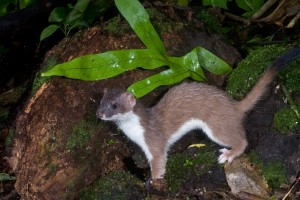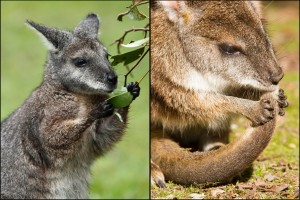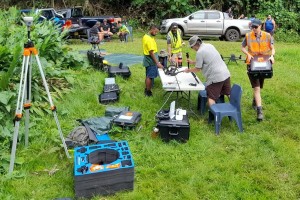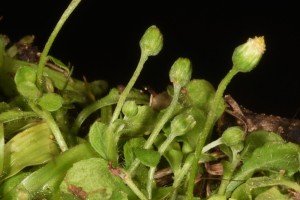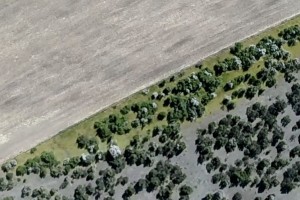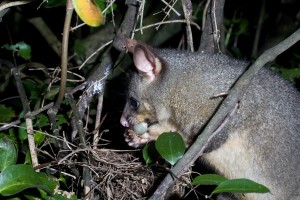Aotearoa New Zealand’s indigenous biodiversity evolved in isolation and much is globally unique. We curate national and Pacific collections of biodiversity on land (plants, invertebrates, fungi, and microorganisms), and our research helps users understand and value its richness, observe changes and risks from exotic species, and find new uses for biological materials. Our research provides understanding of how ecosystems function, the threats they face, and how they can be restored. The potential for Māori whānau, hapū, and iwi to generate economic returns from indigenous plants continues to be a strong area of interest.
We contribute to national biosecurity through providing capability and confidence in assessing biological threats and using control tools – especially at landscape scales – for weeds, pests, predators, and diseases.
Weed control in the Pacific
Invasive alien plants are among the most important groups of invasive species affecting both the socio-economic well-being of Pacific people and the islands’ unique ecosystems. Invasive species make ecosystems and communities more vulnerable to natural disasters and the impacts of climate change.






 Invasive invertebrates
Invasive invertebrates





